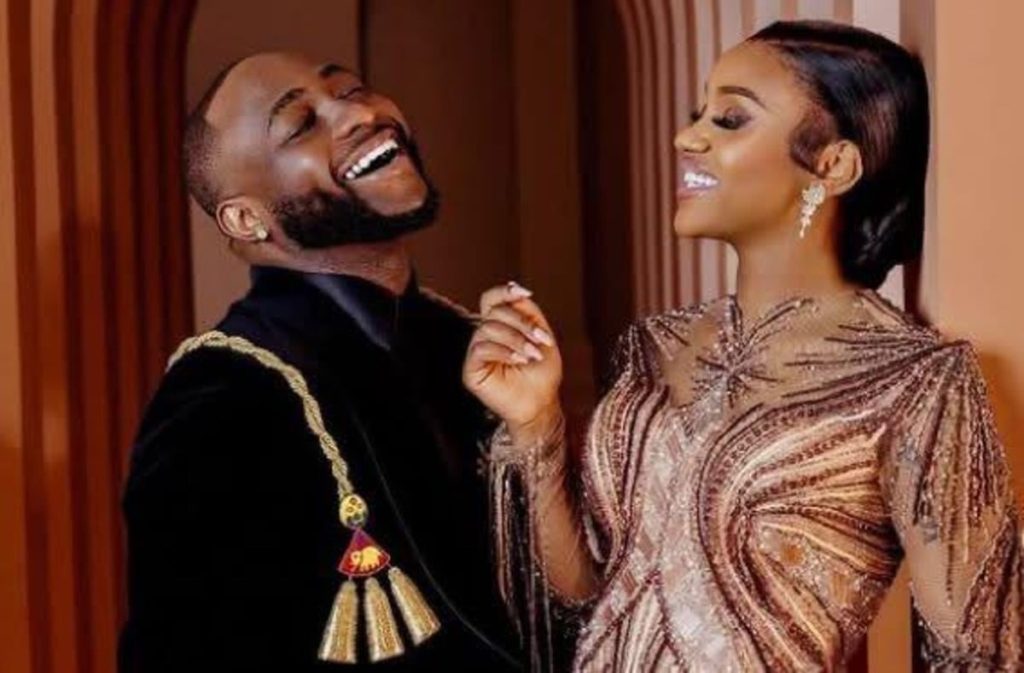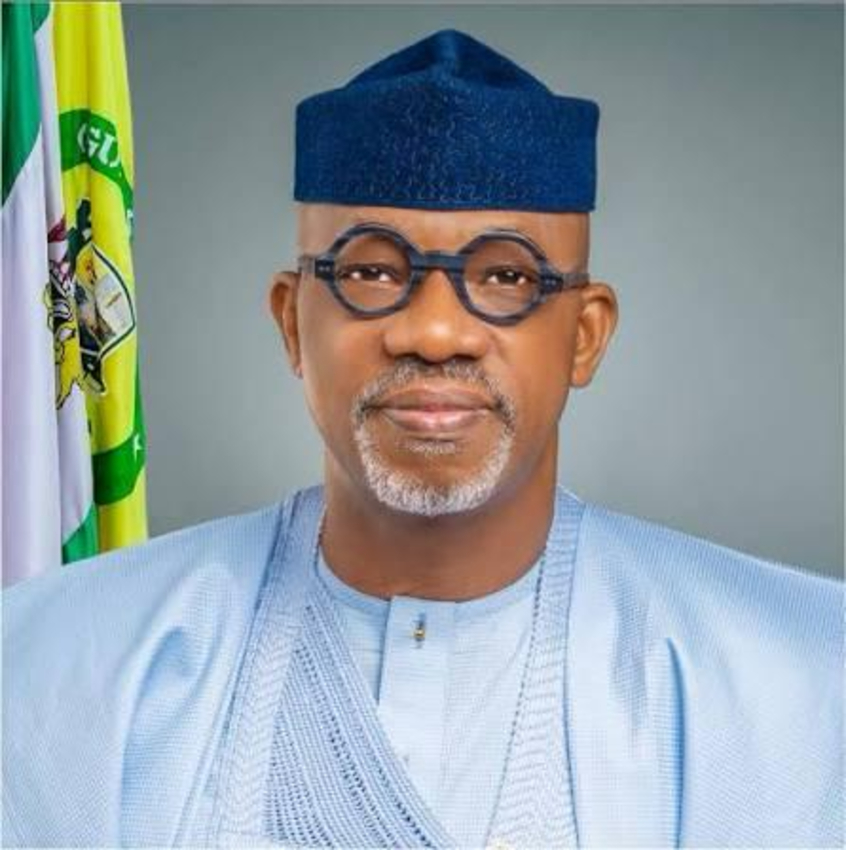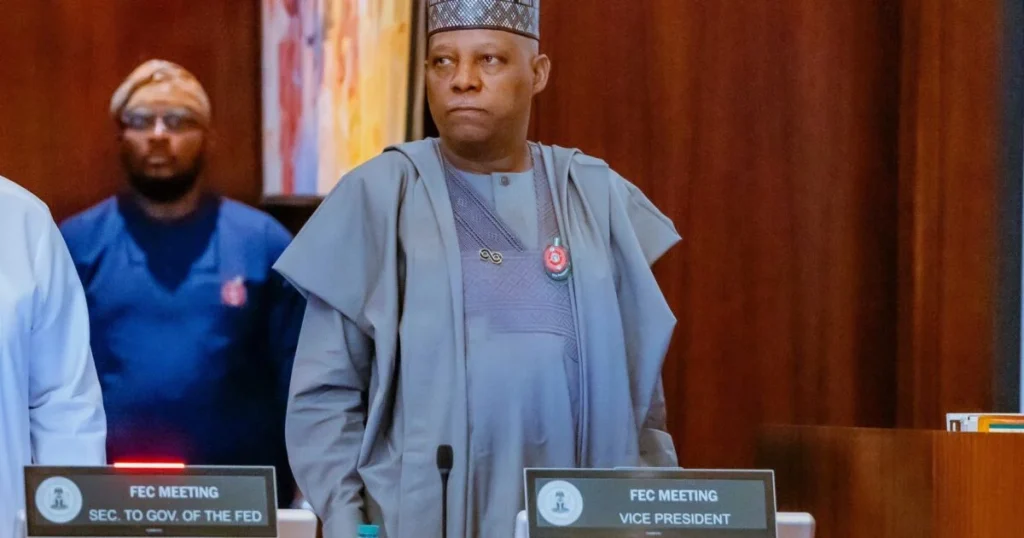Former Congolese president Joseph Kabila has spoken out against the military prosecutor’s decision to seek the death penalty in his treason trial. Kabila denounced the move as a political tactic aimed at silencing the opposition, stating that the trial “has nothing to do with justice.”
The former president criticized his successor, Félix Tshisekedi, for failing to take responsibility for his government’s shortcomings and accused him of corruption related to the mining provinces of Katanga. Kabila also emphasized the need for dialogue between all parties on the national political scene, saying that “reconciliation will come neither from partial agreements nor from selective trials.”
Kabila’s comments come after he ended his two-year self-imposed exile in April, returning to the Democratic Republic of Congo and arriving in the eastern city of Goma, which had been seized by M23 rebels. The Congolese Senate subsequently revoked his parliamentary immunity, paving the way for legal proceedings.
The ex-president is currently being tried in absentia before the High Military Court, facing charges of treason, war crimes, rape, and murder. Congolese authorities accuse him of supporting the Rwanda-backed M23 group and plotting to overthrow the government. Kabila has described these claims as “false and politically motivated,” citing a lack of evidence.
In addition to the death penalty, the prosecutor has requested a 20-year sentence for Kabila’s alleged condoning of war crimes and 15 years for conspiracy. The trial has significant implications for the political landscape of the Democratic Republic of Congo, with many watching to see how the case will unfold and what impact it will have on the country’s stability.
The situation is being closely monitored by international observers, with some expressing concern about the potential for further unrest in the region. As the trial continues, it remains to be seen how the government will respond to Kabila’s accusations and what steps will be taken to address the ongoing tensions between the opposition and the ruling party. With the country’s history of political instability and conflict, the outcome of the trial is likely to have far-reaching consequences for the people of the Democratic Republic of Congo.



